Reports
ROUNDTABLE AT INFOTAG: UKRAINIAN SCENARIO CANNOT REPEAT IN MOLDOVA BEFORE AND AFTER AGREEMENT SIGNATURE – EXPERTS
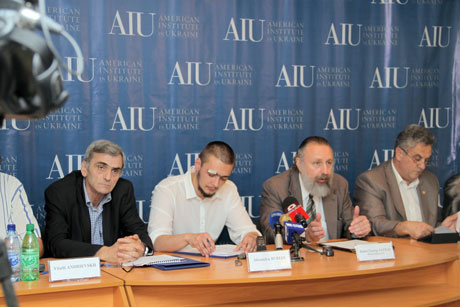
Profiled experts and political scientists believe that the Ukrainian scenario of the development of events cannot repeat in Moldova before and after the June 27 signature of the republic’s Association Agreement with the European Union. This opinion was shared by most of the specialists, who took part in the roundtable conference, “The Association Agreement with the European Union: Advantages for Moldova and the Price to be Paid for Them”, which was organized by the American Institute in Ukraine (AIU) in the news agency Infotag on Thursday.
Prominent Moldovan economist MP Oleg Reidman of the Communist Party is sure that there will be no war in Moldova.
“Of course, we understand that the country has in fact been split up politically into two approximately equal parts. Politicians take account of this circumstance, particularly the opposition forces that stand up against signing the Association Agreement. Accordingly, actions of protest are possible, or massive discontent, or unrests, but not more than this. Things may go maximum to upturning garbage cans”, stressed the parliamentarian, who believes that passions are being stirred up artificially in the Moldovan society.
Director of the www.ava.md informational-analytical portal, Chisinau political scientist Vitaly Andrievsky presumes that the “conflict arch” from southeastern Ukraine may well reach as far as Transnistria.
“We can see where tension is stemming from. Though warfare is underway only in two eastern oblasts [regions] of Ukraine, the Russian mass media constantly name that theater of war as “southeastern Ukraine”. There is a wish to generate a strain in southern Ukraine. But all this may reach Transnistria, too, and involve some Moldovan regions into a conflict, including Gagauzia and Transnistria. But I am absolutely convinced that such a standoff initiative shall not come from the Moldovan Communist Party, at least as long as it is headed by Vladimir Voronin. But there are other people… For instance, there is a personality (I would rather not mention his name), who is running now in Falesti then in Balti and where not, dishing out money and making statements. This guy [Renato Usatii] may create a pretext for a conflict”, said Vitaly Andrievsky, and offered an opinion that until the 70th anniversary of the Great Victory, i.e. until May 9, 2015, Moldova will most probably remain without particular problems”, said Andrievsky.
Moldova’s former Ambassador to Germany, currently political scientist Alexandru Burian offered an opinion that those fighting in eastern Ukraine presently are not at all the local population, but mostly experienced fighters – veterans of warfare in Chechnya, Abkhazia, Nagorny Karabakh, Transnistria and other “hot spots”.
“I will not be surprised if they emerge all of a sudden in a most unexpected place, say in Gagauzia or Transnistria. In such a situation, the role played by the authorities and their line of conduct are of a paramount importance. The official Chisinau must maintain an extremely neutral position towards the conflicting sides, and not let itself be dragged into whatever projects “against somebody”. Besides this, the central authorities need to be in a continuous dialog with regions”, said the former diplomat, who is sure that at the present stage, it is disadvantageous for Russia to get involved into military actions in Transnistria, “as some inveterate experts are prophesying”.
Political scientist Dr. Nicolae Tveatcov of the Moldovan Academy of Sciences also believes that in Moldova, there is no ground for as serious armed conflict or war.
“Yes the Moldovan society has been divided, and there are different opinions. But we have no such antagonistic regions as in Ukraine. We in Moldova have approximately same ethnic composition of the population, and local people have equally different opinions in Chisinau, and in Balti, and in Taraclia”, said Nicolae Tveatcov.



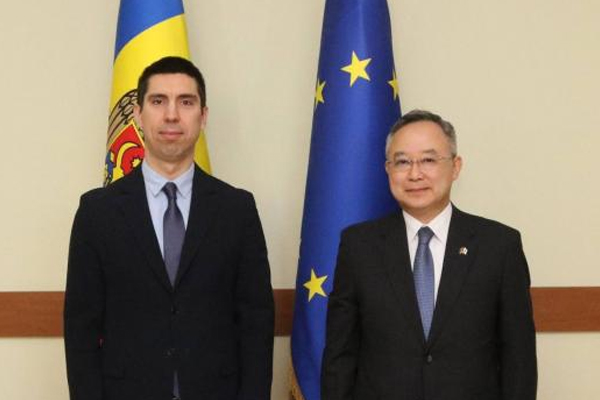
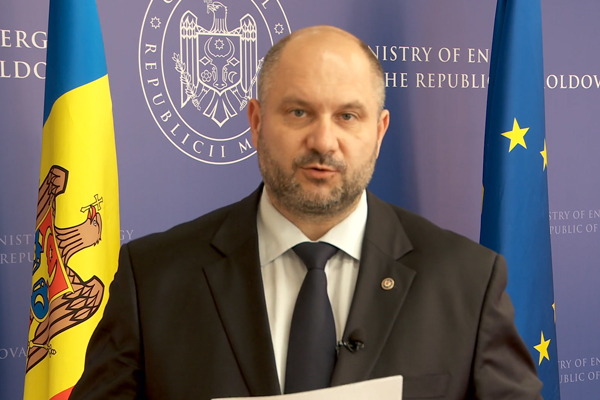
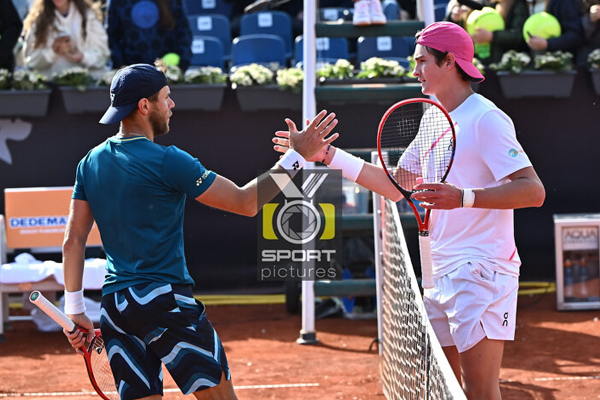
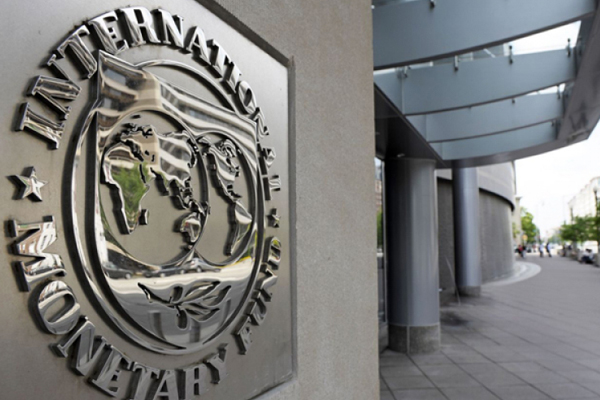
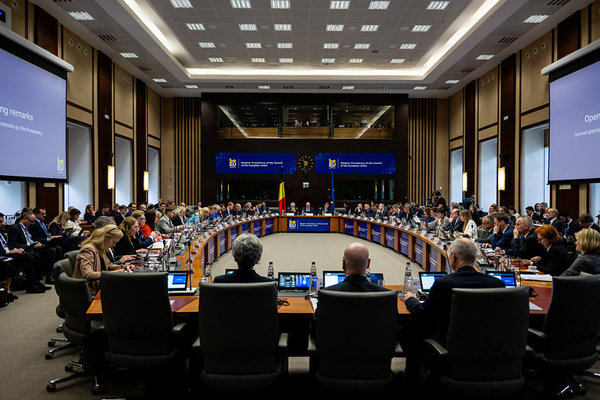
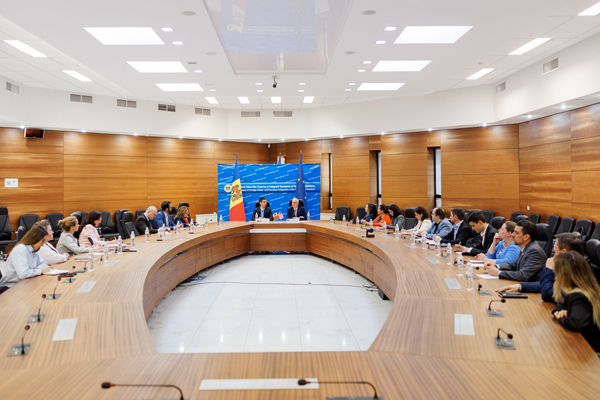
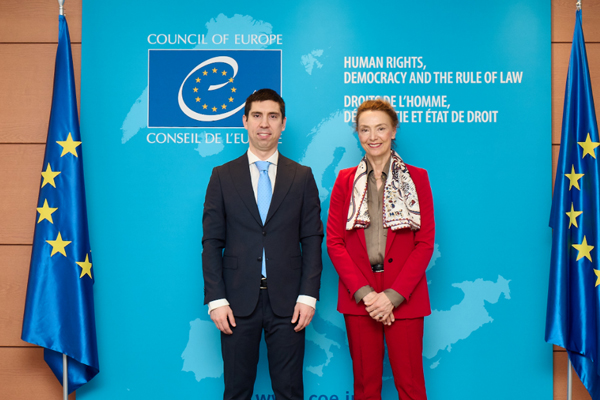
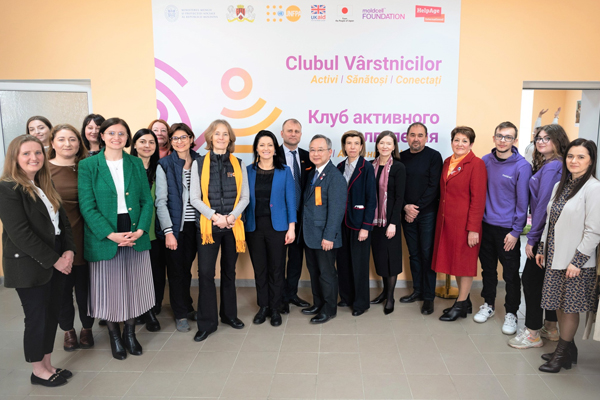
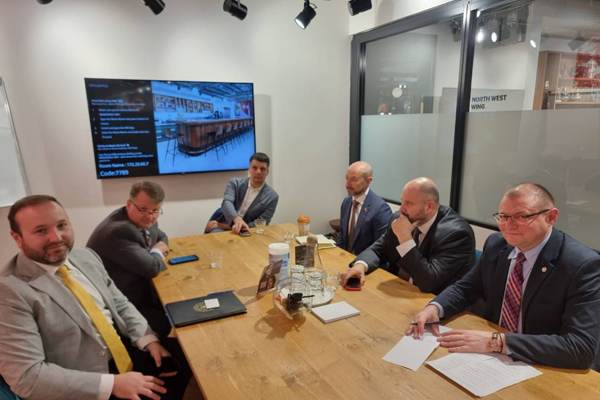



Add comment